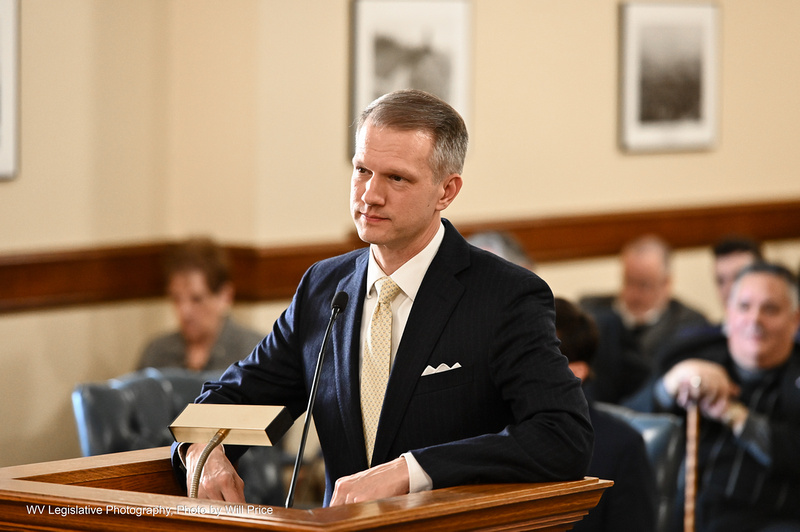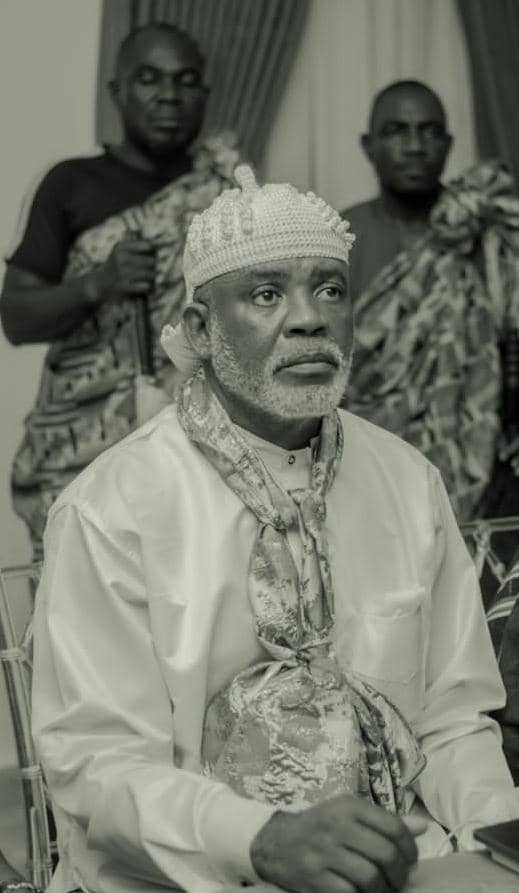Nigeria is actively pursuing a $1.5 billion financial assistance package from the World Bank to address the severe dollar shortage that is influencing the devaluation of the naira.
In an exclusive interview with Bloomberg, Finance Minister Wale Edun revealed Nigeria’s intention to secure $1 billion to $1.5 billion from the World Bank to reinforce the national budget. The minister expressed confidence in Nigeria’s ongoing economic reforms and highlighted the country’s eligibility for support.
To navigate its economic challenges, Nigeria is considering the issuance of a Eurobond later in 2024. These bonds, denominated in foreign currencies, present an opportunity for Nigeria to manage its financial landscape amidst testing economic conditions.
The World Bank loan, as disclosed by the Finance Minister during the World Bank/IMF Annual Meeting in Morocco, is projected to come with a zero-interest rate. This financial assistance is anticipated to expedite development initiatives, with the minister affirming its imminent disbursement.
Nigeria, which is contending with a substantial debt burden, has recorded a noteworthy milestone by redeeming a $500 million Eurobond issued in 2013. Moreover, the country has actively engaged in international debt markets, raising funds through Eurobond issuances to bolster its economy and finance critical infrastructure projects.
The nation’s debt situation has sparked global concern, with the International Monetary Fund acknowledging its manageability while highlighting the high interest payment. The newly sought-after World Bank loan is positioning Nigeria to access funding with favorable terms, reinforcing the country’s quest for sustainable economic development.
The urgency for financial intervention is underscored by the imminent maturity of nearly $7 billion in forex forwards, a development that has prompted the Central Bank of Nigeria to reassure investors by settling outstanding foreign exchange forwards and prioritizing the enhancement of liquidity and stability in the foreign exchange market.
Nigeria’s economic landscape is characterized by a formidable budget deficit, impacted by escalating fuel subsidy costs, substantial debt servicing obligations, and restrained public expenditure. President Bola Tinubu has outlined a comprehensive financing approach to address the deficit, incorporating new borrowings, proceeds from privatization, and specific multilateral and bilateral loans earmarked for development projects.
In the midst of these economic challenges, Nigeria faces persistent dollar shortages and speculative activities, exerting pressure on the naira and contributing to its devaluation. The parallel market rate and the official exchange rate continue to diverge, exacerbating the depreciation of the naira.
The mounting pressure on the naira was evidenced by its record low of N1,320 per dollar on the parallel market. Additionally, the depreciation of the naira against the dollar underlines the urgent need for interventions to stabilize the foreign exchange market and restore confidence.
As Nigeria navigates these economic headwinds, the global community keenly observes the country’s strategic initiatives to stabilize its economy, address its debt situation, and bolster the naira. The proposed World Bank loan, alongside the robust financing measures outlined by President Tinubu, signals Nigeria’s resolute determination to reinforce its economic resilience and chart a path towards sustainable growth.



